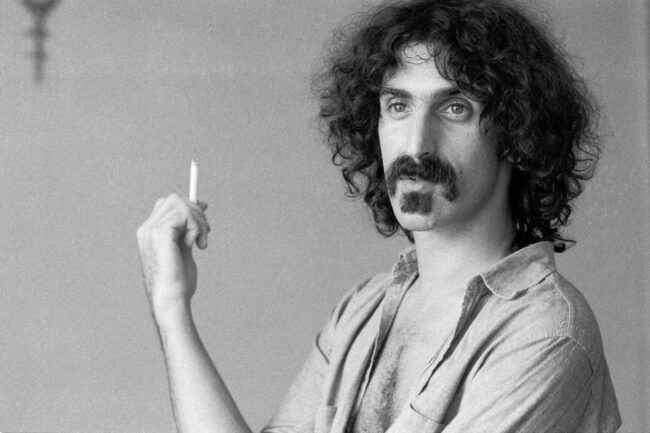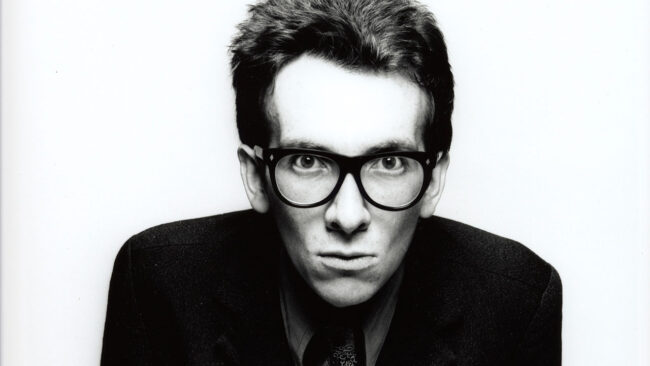Whether you are a musician or just someone that loves to tap your feet to the vibrating sound of music, there’s a quote you must have undoubtedly heard. “Writing about music is like dancing about architecture” is a quote that has graced the world of music for ages, leaving most people oblivious of its original inventor.
It portrays the message that music isn’t something that can be textbook-studied rather it is something you let your body and emotions get lost in. In this article, the website discusses this memorial quote in detail and gives you an idea of whom the first users of this quote were.
Who Came Up With This Quote?

This intriguing quote has been a subject of research for a long time. From the answers given by most whose curiosity itches to get to the crux of the statement, a couple of names have been affiliated to it.
The quote has been attributed to some folks who might have used it in their statements at some point or the other. Names like David Byrne, Elvis Costello, Frank Zappa, Thelonius Monk, and Martin Mull are famously related to it. Being quite illogical and seemingly grammatically incorrect, it’s no surprise that the statement has gotten the amount of attention it has.
If you are a modern speaker of the English language, the statement ‘to dance about something’ might not sit well in our vocabulary. This is so as you would say ‘dance to architecture’ rather than ‘about architecture.’
However, no one says it in its seemingly correct manner. The initial user of the quote seemed to have permanently constructed it that way and has left a lot of people with accurate yet slanderous English on their lips.
From the evidence collected over time, it has been discovered that this quote was first used by Martin Mull. He made this statement in an interview in 1979, and it is believed that Elvis Costello sourced it from him in 1983. A Q magazine in 2008 conducted an interview with Elvis Costello where he credited it to Martin Mull.

An interestingly related quote, ‘talking about music is like singing about economics’ might have been the inspiration behind this intriguing statement. The quote was used in a New Republic Article in 1918 where it was stated in this form:
“Strictly considered, writing about music is as illogical as singing about economics. Lauren Bradshaw”
Another close match shows up in a magazine which is dedicated to rock and roll history called, “Time Barrier Express.” The issue which was published in September-October 1979 includes a profile of the Sam & Dave group by Gary Sperrazza. Here he talks about the affinity of the pair:
“…Because I truly believe-honest-that writing about music is, as Martin Mull put it, like dancing about architecture)”
Music Defined

There is no straightforward definition of music that offsets all cases. Music is an art form, and viewpoints come into cognizance. To most people, it is about perspective and personal thoughts. Music typically must include qualities such as; melody, rhythmic sound, timbre, pitch, all the likes.
Music is an expression, which is a unique form of art. It is an expression that allows you to let your emotions out using it as a medium.
Music connects the sensual and spiritual life. It gives the universe a soul and a strong sense of existence. Music lifts the spirit and calms the soul. The right music can leave an audience extremely happy at one point and regrettably sad at another. Thus, writing about music cannot be compared to any other activity because music is broad.
You cannot completely write about all aspects of music even if you try. There is so much more to uncover when you dig into the bottomless pit of music history.
Music is life and it makes life worth living. A lot of music critics, no matter how hard they try, cannot fault the spirit behind the voice and instrumentals of good music. Writing about music, thus, is very difficult especially when you are discussing genres that connect with the soul.

Thus, to successfully discuss music, compare different genres, and spot discrepancies in different types of music, you have to have vast skill in music critics.
You also need to focus on a particular type of music and understand the variables involved in making and discussing good music.
These and other attempted definitions do not do justice to the terminology, and it leaves out the illustrations they are good at are music. Thomas Clifton defines music as a reciprocal connection between an individual, a sounding object, and his behavior. Music and musical encounters are known as phenomena.
Music can be thought of as the medicine for the soul, having the ability to heal even the most broken of hearts. This art has been attempted to be boxed-up in a stereotypical field and given a rigid explanation. There is a professional writing service CustomWritings.com where you can further learn about good music and understand the steps involved in academic writing about music.
However, these various attempts just scratch the surface of music itself. Just as the musical lords before us such as Elvis Costello and Martin Mill have rightly opined, explaining music is as meaningless as dancing around a complicated architecture. Music in its whole should be danced to, listened to, or sung along with- writing about it would continuously be an effort round the clock until the end of music itself.
